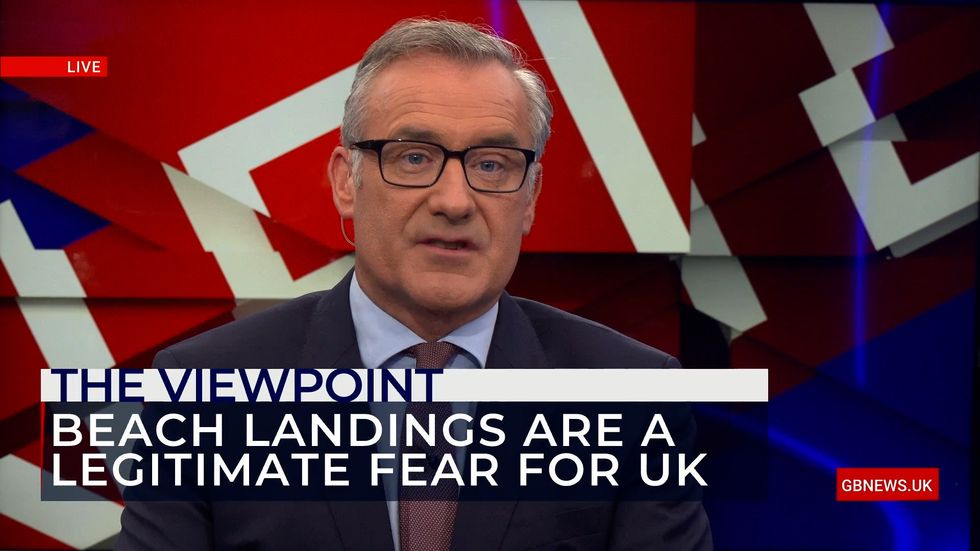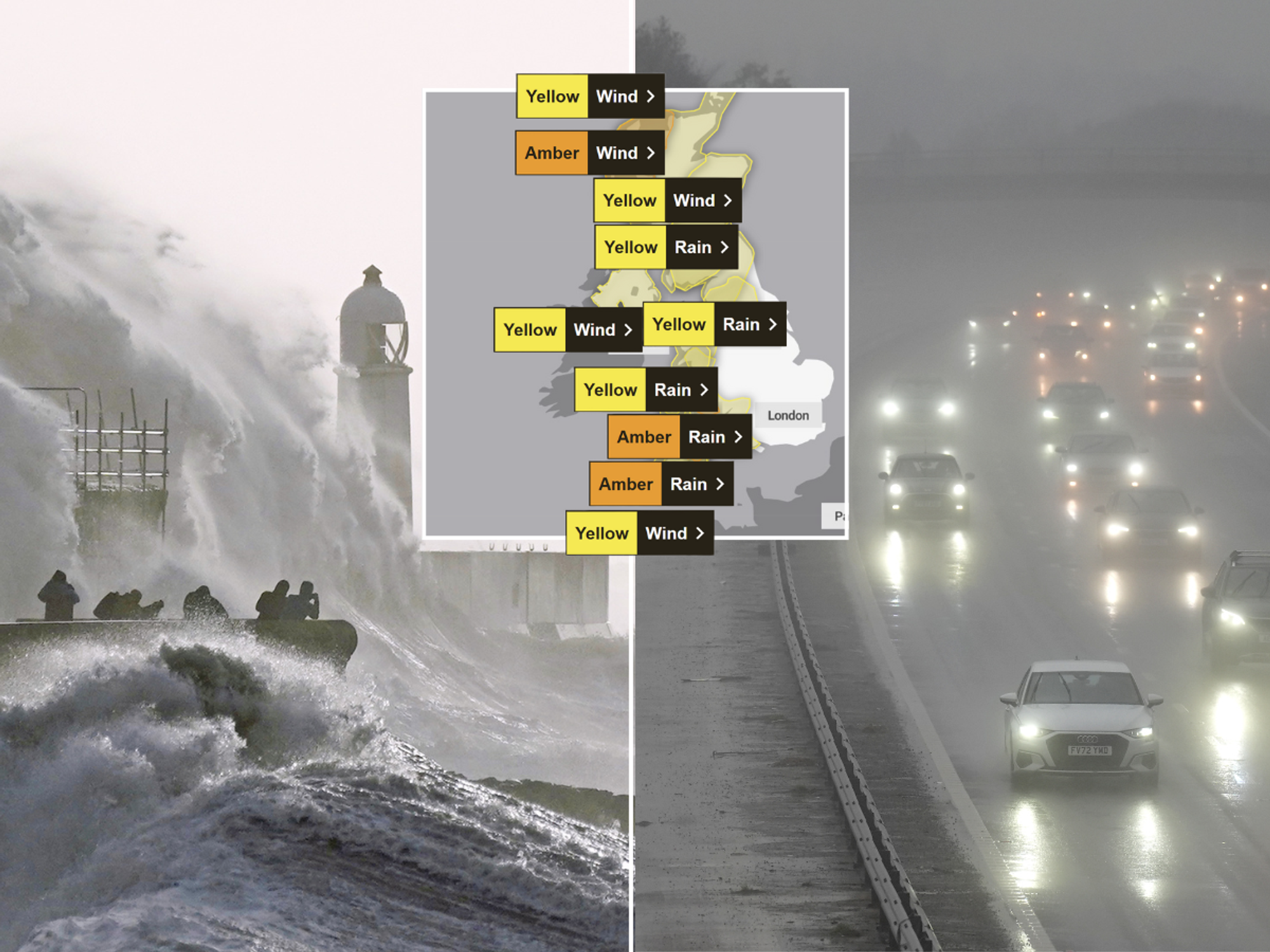Colin Brazier: Beach landings are a legitimate fear for the UK

None

By Colin Brazier
Published: 26/08/2021
- 20:00Updated: 26/08/2021
- 21:06The sight of strangers, wading ashore, arriving uninvited can knock our better angels from their perches.
Don't Miss
Most Read
Latest
A series of small boats coming in sight of the white cliffs of Dover. Those on board have crossed the English channel and are looking for a safe place to land. It’s a scene we can all call to mind. Even if the actual event I’m describing was, in fact, played out on this date – the 26th of August - more than two millennia ago. 55BC – the first footsteps Julius Caesar took on British soil, on a Kentish beach.
Spool forward almost 21 centuries and, instead of heavily armed legionnaires on the sand with warriors waiting on the cliffs to repel them, we now have smartphone footage of migrants celebrating landfall, taken by sunbathers in bikinis who make the new arrivals welcome with the offer of a packet of crisps.
Images on the beaches of Kent this summer, where a record 10,000 migrants have arrived, require a mass exercise in cognitive dissonance. Cognitive dissonance is the ability to hold onto two conflicting ideas, simultaneously. When I see bedraggled people struggling through the surf, having crossed a busy waterway in a flimsy boat, I feel sympathetic to their plight. But the sight of strangers, wading ashore, arriving uninvited, with histories and intentions we know nothing of, can also knock our better angels from their perches.
Because, no matter how many asylum seeker charities tell us that the numbers crossing the channel, compared to those arriving in Britain by other means, or set against those arriving in other countries, is small – the imagery of boats on the beach is deeply, atavistically emotive.The people of any island nation have a folk memory, and the sight of beach landings produces a visceral response in many. It may be irrational.
When the Romans eventually conquered Britain, they ushered in an unprecedented golden age of prosperity and plenty. But what about the Norman Conquest? How would Britain look now if other history-shaking Channel crossings, those of the Spanish Armada, Napoleon’s Grand Armee, and Hitler’s flat-bottomed boats in Boulogne, had succeeded.
This is not, for a second, to compare these military invasions with the desultory crossings of recent months. It is, however, to make a point that escapes parts of the Liberal Establishment, those who feel no great attachment to our Island Story, who see our history only as an embarrassing litany of white men’s greed.
For instance, the two thirds of TV executives who, it’s reported today, say the British Empire was something to be ashamed of. These well-paid, geographically mobile, highly-networked TV executives are unlikely to be disturbed by pictures of beach landings by migrants. But the 63 per cent of TV executives who feel ashamed of our history are not representative. Among the general public, for instance, only 23 per cent of Britons feel embarrassed by the British Empire.
The 77 per cent of British people who refuse to feel shamed by their history are not bigots. Many of them are humane, but – perhaps because life hasn’t always been as kind to them as it has been to some TV executives – they are also intuitive sceptics. They find the sight of migrant beach landings profoundly unsettling. But there is also reasoning behind their emotion.
In particular, they wonder where will it stop? Ten thousand boat people this year. But how many next year, or in ten years’ time. Earlier this week the former Foreign Secretary, William Hague, warned that the exodus from Afghanistan is nothing compared to the numbers that will be produced in coming decades by Africa’s population explosion.Those TV executives, like so many other beneficiaries of globalisation, will not have to live with the consequences of assimilation. The downsides of mass migration.
Those effects WILL be felt by Britons who, the sociologist David Goodhart, famously dubbed the Somewheres. The people who like where they live, don’t want to move, but feel wistful about how their communities are changing without their consultation.
Somewheres also feel a strong sense of national history and patriotism. They may not always be able to put their disaffection into arguments that would impress a TV executive, but they know how they feel when they see images of people landing in boats on their coast.
That’s tonight’s Viewpoint.










